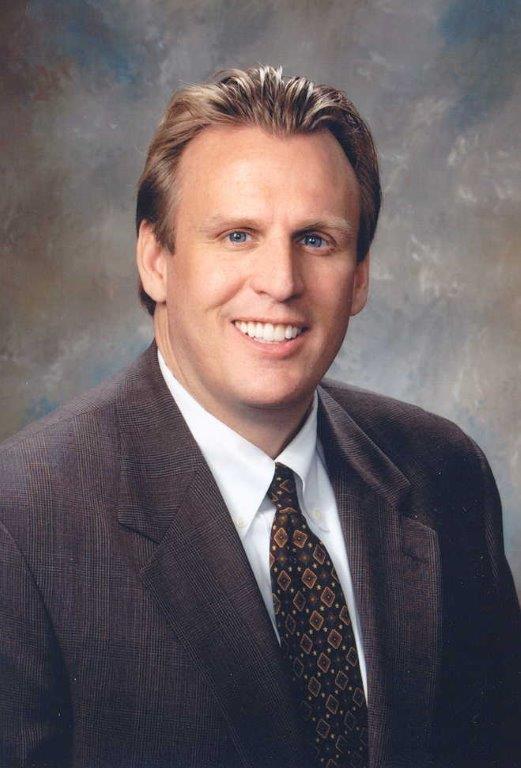AARP Eye Center

Article by Bill Johnston-Walsh, AARP Pennsylvania State Director
Today, a secure retirement is out of reach for thousands of Pennsylvanians, especially those who work for small businesses. Pennsylvanians, like many across the country, face a retirement challenge.
According to a 2016 report from the Pennsylvania Independent Fiscal Office, Pennsylvania’s 65-plus population will grow 31.5 percent from 2015 to 2025 while the rest of the population contracts.
Nearly half of baby boomers and Gen X’ers will lack the income to meet the basic retirement expenses and health care costs.
The statistics are stark enough: About 44 percent of Pennsylvania’s private sector employees ages 18 to 64—roughly 2,182,000—work for an employer that does not offer a retirement plan.
Over 60 percent of workers employed by businesses with fewer than 100 employees do not have a pension or retirement plan.
Small businesses are the backbone of America’s economy, but many are unable to offer a retirement option to their employees either because they are too overwhelmed by the multitude of offerings available or they do not have the time and money to set up a retirement plan for their employees.
That is the bad news. The good news is that the city of Philadelphia is exploring a retirement security plan that would allow small business employers to offer employees a way to save for their retirement. This could fill a critical gap that would greatly help nearly 350,000, or 55 percent, of Philadelphia workers meet the retirement challenge.
In fact, the Office of the Philadelphia Controller, along with Wharton’s Pension Research Council and AARP Pennsylvania, is sponsoring a retirement security symposium in October to educate policymakers, business leaders and other stakeholders on the pros and cons of various options for local level retirement security policies.
The ultimate goal of the symposium is to establish a platform for retirement programs that can improve the conditions in Philadelphia, where 33 percent of retired seniors currently live in poverty. It’s also an opportunity to set the stage for thought-provoking discussions in cities across the country.
New York City and Seattle have already joined Philadelphia to explore local retirement options and even weighed in on the federal rulemaking process that recently opened the door for major cities to create certain types of plans.
Recognizing the financial insecurity many face as they prepare for retirement, AARP has worked with elected officials in other states, including California, Illinois and New Jersey, to enact plans that provide retirement security options within the workplace that benefit both small business employers and workers.
Philadelphia’s small businesses and employees could benefit from a program that creates a retirement savings option for private-sector employees who do not currently have access to an employer-provided plan. One such program would allow employers to offer an IRA to their employees without having to sponsor a plan, provide matching contributions or be subjected to ERISA requirements. Small business employers would not be responsible for managing the investment nor would they have any fiduciary responsibilities. In addition, small businesses could benefit by being better able to compete with larger employers that offer retirement packages and could increase employee retention.
It’s critical that Pennsylvanians plan and save for retirement and ensure they can do so easily. The best way to do that is through a workplace retirement savings plan.
While employees could purchase a retirement savings plan on their own, they are far less likely to do so than to enroll in a workplace retirement savings plan. Only 5 percent of workers will open their own IRA, whereas workers are 15 times more likely to save if employers offer a plan—increasing saving rates by a staggering 1,300 percent.
Retirement savings plans help workers achieve economic security through their own efforts, ensuring they are able to save and prepare for a secure retirement. In addition, greater access could improve economic mobility and reduce wealth disparity, providing a means for increasing the amount of assets a person will have in retirement.
This could be good for Philadelphia as well. In order to gain a thorough understanding of the business climate surrounding retirement plans, the Controller’s Office started conducting surveys and focus groups with several diverse business organizations across the city, and they will be gathering information through town halls and financial wellness fairs over the next several months that will help shape the overall policy strategy.

Our aging population presents many fiscal challenges in the years ahead. Workers who are able to prepare and save for retirement are less likely to rely solely on Social Security as a source of retirement income and could decrease reliance on government safety net services. Workplace retirement savings plans will help address the changing demographics of the city—and can provide peace of mind to individuals and families asking the question of how they will be able to afford retirement.
AARP Pennsylvania will be hosting a Symposium on Retirement Security on Wednesday, October 19. We are collaborating with the Office of the Philadelphia Controller, The Pension Research Council at the Wharton School of the University of Pennsylvania to bring you information about what can be done locally in Philadelphia for retirement . You can learn more and register here.























































